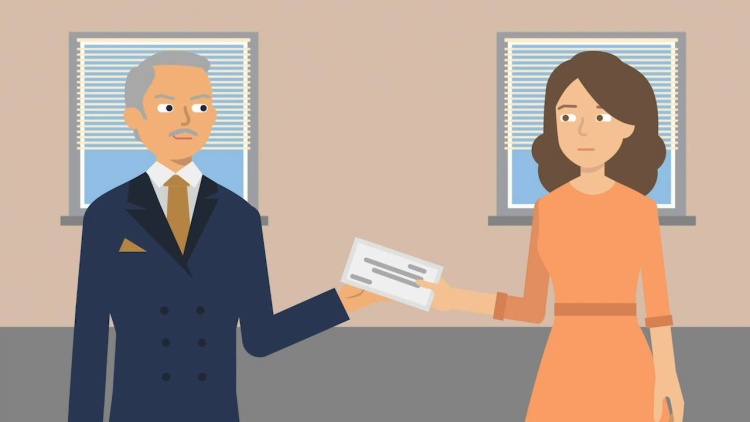National Academy of Sciences v. Cambridge Trust Co.
Supreme Judicial Court of Massachusetts
346 N.E.2d 879 (1976)

- Written by Christine Raino, JD
Facts
In his will, Leonard T. Troland left his estate to be held in trust by Cambridge Trust Company (CTC) (defendant) for the benefit of his widow, Florence R. Troland. CTC, as trustee, was to pay the net income of the trust to Florence until her death or until she remarried. Upon Florence’s death or second marriage, the trust provided for transfer of trusteeship to The National Research Council of Washington, D.C. (NRC) and creation of a new trust called the Troland Foundation for Research in Psychophysics. In 1945, Florence remarried and became Florence R. Flynn, but never informed the CTC of her remarriage, even though Florence knew that the terms of the trust terminated her right to receive monthly payments after her remarriage. CTC continued to send monthly checks made out to Florence R. Troland until her death in 1967. From the time of her remarriage in 1945 until her death in 1967, Florence received $106,013.14, which she transferred to her brother-in-law, Kenneth Custance. During this time, CTC filed regular accounts in the Probate Court for Middlesex County, each containing in the heading, “for the benefit of Florence R. Troland,” and stating that payments were made to “Florence R. Troland.” NRC, as the remainder beneficiary, was formally notified prior to filing of the accounts and since it was not aware of Florence’s remarriage, it did not challenge any of the accounts filed during this period. After learning of Florence’s remarriage, NRC brought an action against CTC to revoke the accounts filed during the period between Florence’s remarriage and her death, and to require CTC to restore the improperly distributed funds to the trust. The probate court revoked the accounts and required CTC to pay $114,314.18 in restitution to the trust. CTC appealed and the Appeals Court ruled that CTC represented as a fact something of which it did not have knowledge, namely Florence’s marital status, by referring to her as Florence R. Troland in the accounts despite its failure to confirm that she had not in fact remarried. CTC appealed to the Supreme Judicial Court of Massachusetts.
Rule of Law
Issue
Holding and Reasoning (Reardon, J.)
What to do next…
Here's why 907,000 law students have relied on our case briefs:
- Written by law professors and practitioners, not other law students. 47,100 briefs, keyed to 996 casebooks. Top-notch customer support.
- The right amount of information, includes the facts, issues, rule of law, holding and reasoning, and any concurrences and dissents.
- Access in your classes, works on your mobile and tablet. Massive library of related video lessons and high quality multiple-choice questions.
- Easy to use, uniform format for every case brief. Written in plain English, not in legalese. Our briefs summarize and simplify; they don’t just repeat the court’s language.





